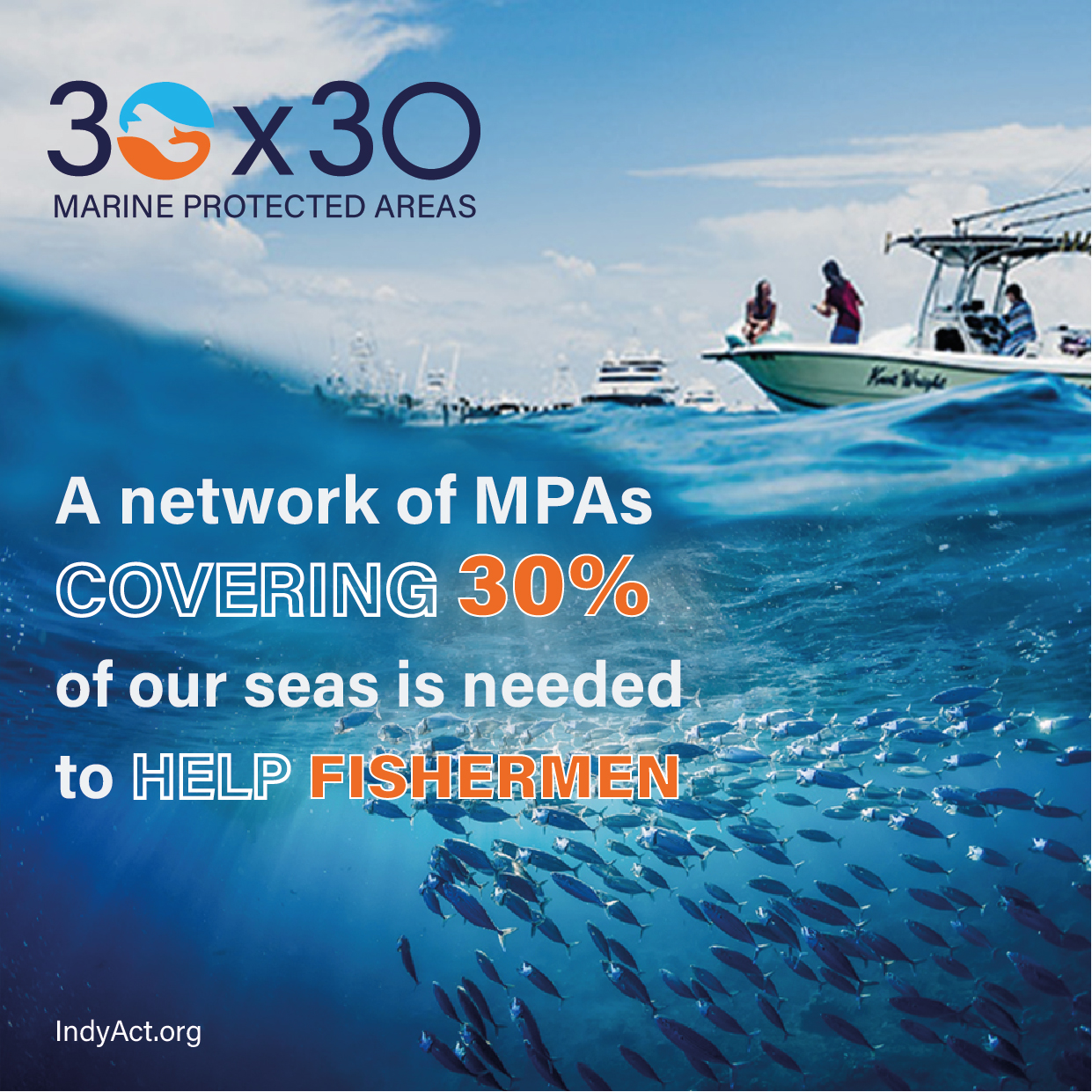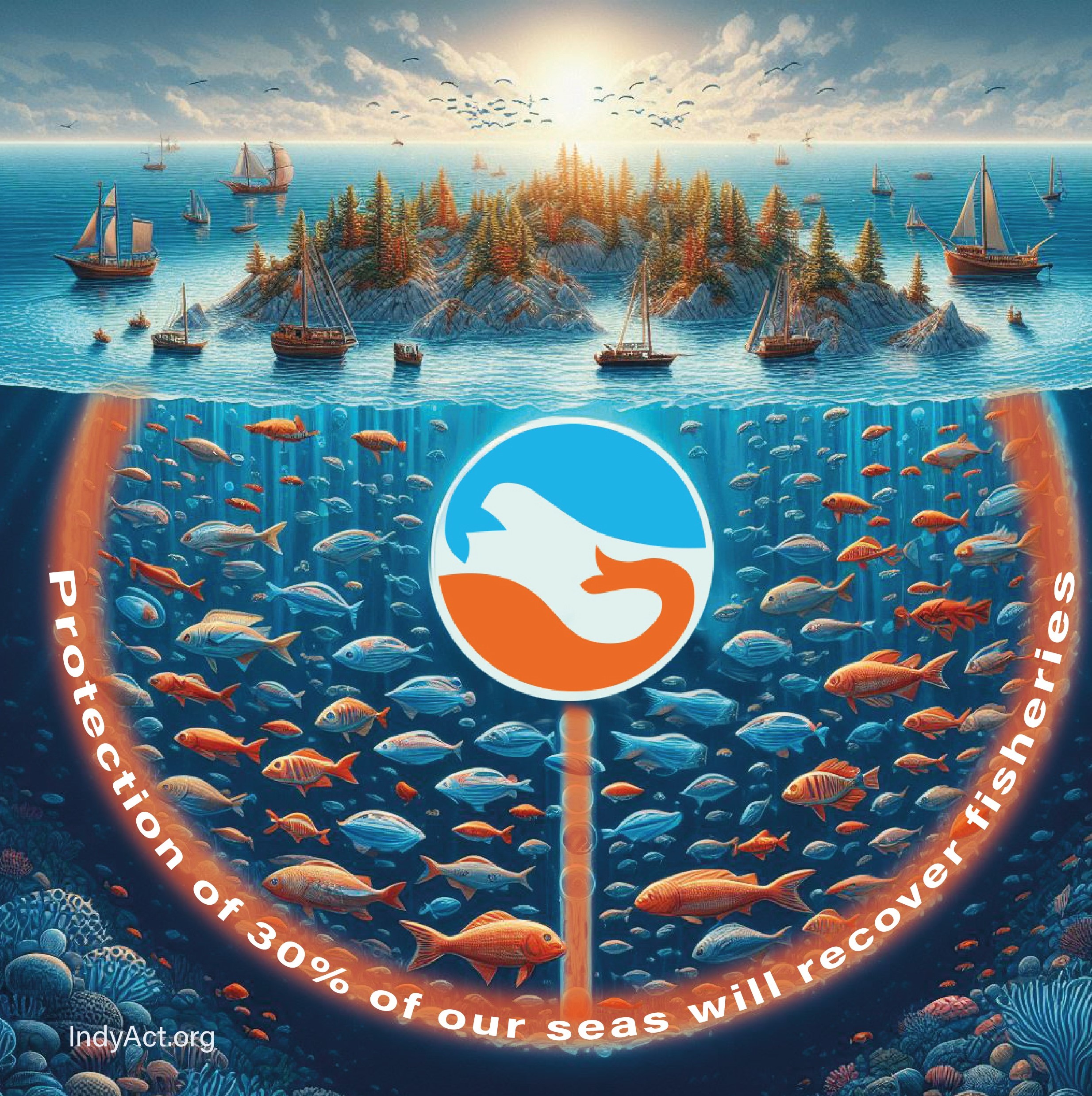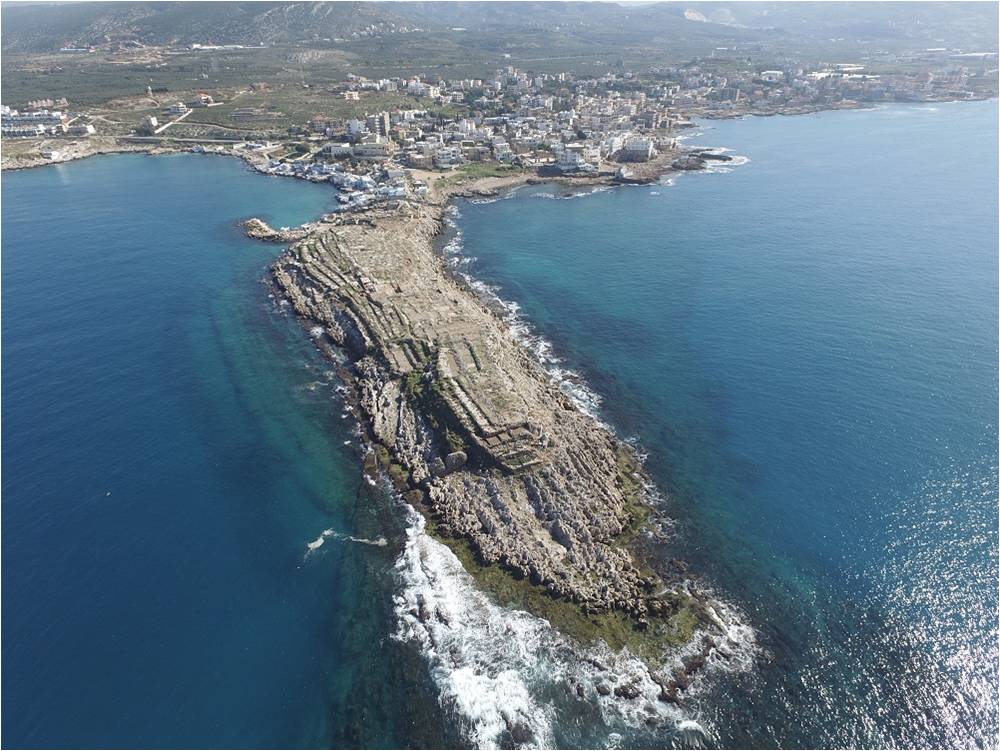In 2022, during the United Nations Biodiversity Conference (COP15) in Montreal, Canada, over 190 nations, including Lebanon, reached a consensus on 23 global targets to halt and reverse nature loss. These targets address the impact of human activities on the global decline of ecosystems and their plant and animal species and have brought new hope for restoring this ongoing biodiversity crisis.
Among these commitments is a ground-breaking agreement to protect 30% of the world’s oceans and seas by 2030. Safeguarding such a significant portion of the marine environment is crucial to begin preserving and restoring several vulnerable, complex marine ecosystems and maintain the health of its biodiversity. Protecting our oceans is not only essential for marine life but also the well-being of human communities as they produce oxygen, regulate and mitigate climate change by absorbing carbon dioxide and ensure fisheries resources.
Lebanon’s coastal waters contain a rich variety of marine life which represents around 2.7% of the world’s marine species. With 60% of the Lebanese population living along the coast and over 100,000 people depending on marine resources, its marine ecology has begun facing significant threats. Urbanisation, pollution, and climate change have escalated the demand and strain on marine resources, posing a serious threat to the Lebanese coastal zone and its natural resources by severely diminishing their availability and quality. This trend has already begun to affect food security for current generations and undermine the preservation of traditional practices and values connected with the sea, and is likely to continue doing so in the future.
Despite endorsing this landmark agreement, national marine conservation action is not on track to meet the targets set through these international commitments. Consequently, it is crucial to enhance actions for the sustainable management and preservation of biodiversity, especially as Lebanon charts its way forward looking for ways to stimulate economic growth and development. This emphasis on sustainable practices is essential not only to ensure the health of local biodiversity but also to ensure the stability and longevity of economic development.
In response, IndyACT has launched the “30×30” campaign to urge the Lebanese government to protect 30% of its maritime spaces by 2030. The focus is on enhancing existing marine reserves and establishing a network of interconnected and effective conservation zones in Lebanon’s territorial sea. To achieve these goals, IndyACT is actively working with both national and international stakeholders, including the establishment of a national coalition with the Lebanese Environment Forum (LEF) to advocate for the 30×30. Through these ongoing efforts, we aim to preserve the crucial role of the marine environment in safeguarding the livelihoods and traditions of the Lebanese population.



